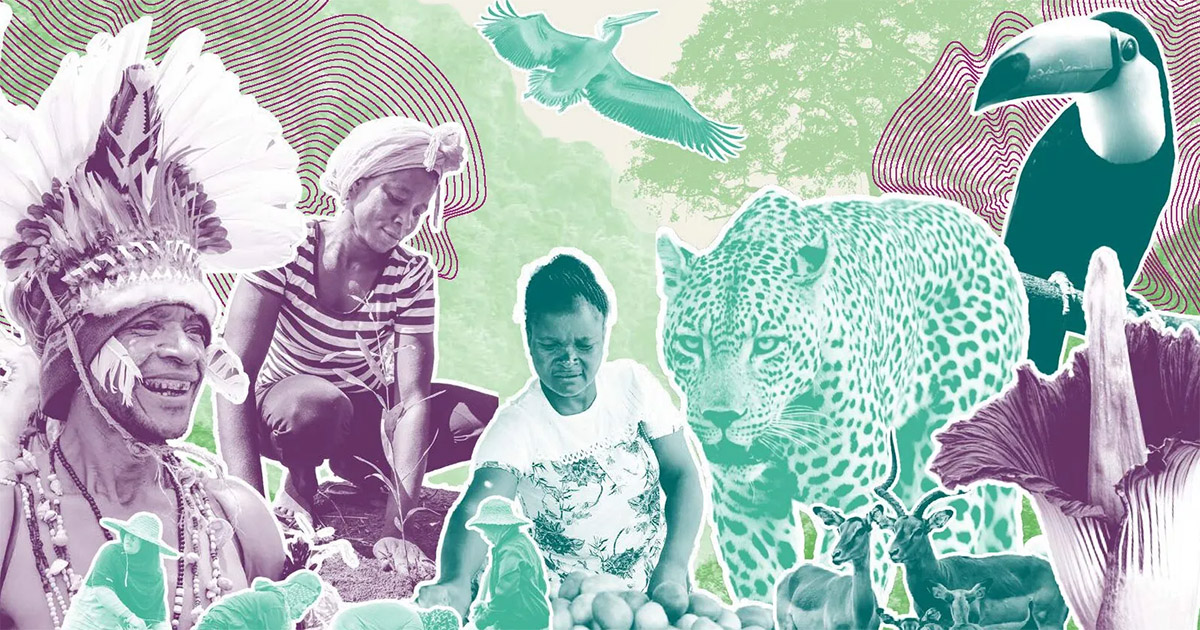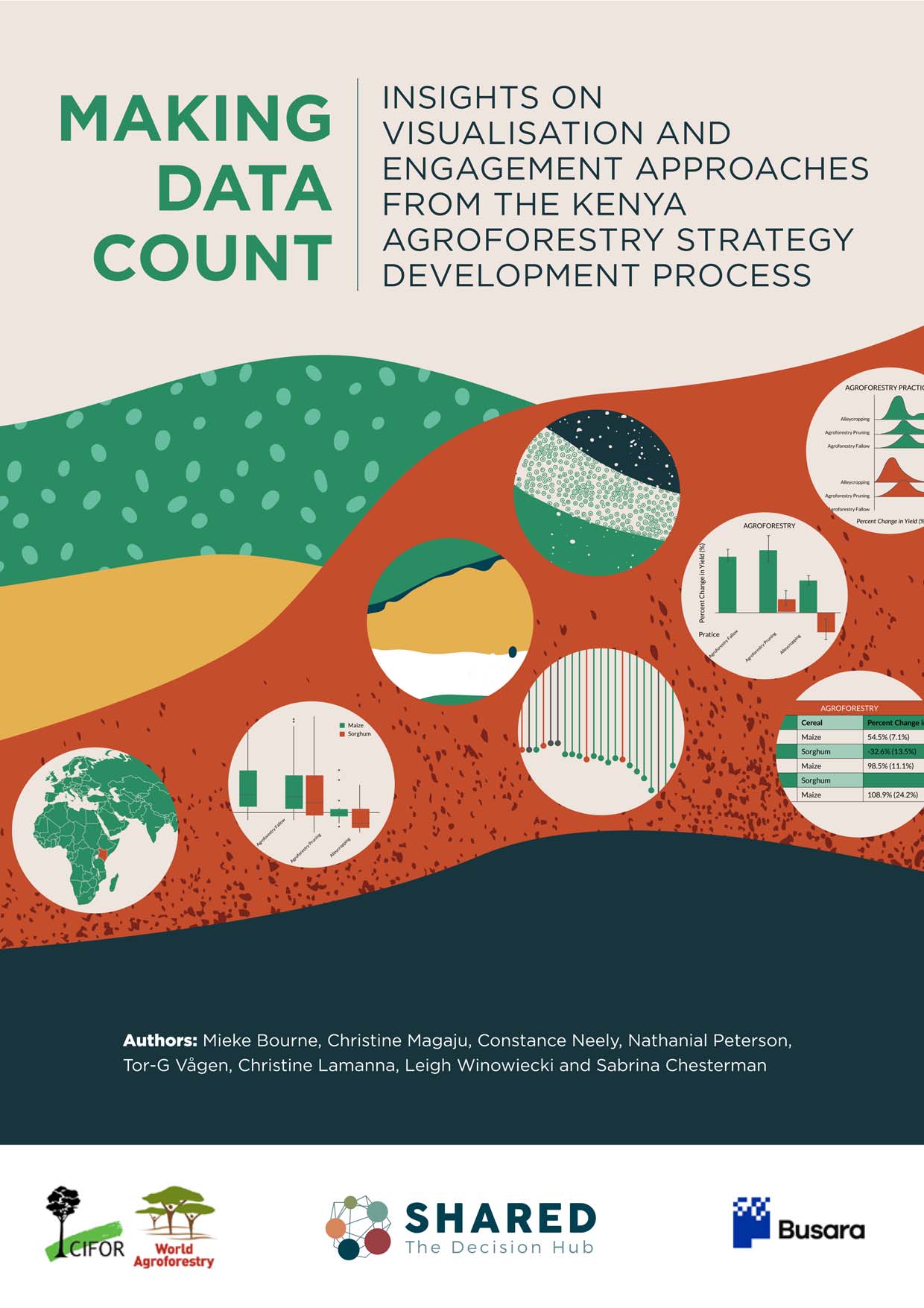This paper describes the use of beetles (forest insects) as an income source in the Southwest region of Cameroon and the contribution of this activity to rural livelihood improvement. Data was obtained through interviews conducted in 96 households in 6 villages. We found that the beetle trade provides complementary household income to forest dependent populations who rely on agriculture, hunting and gathering for their livelihoods. Income obtained from insect trade supports basic household needs and facilitates the acquisition of some farming inputs, but the sector remains informal. Considering the socioeconomic importance of this sector, insect trade should be formalized in order to manage the resource sustainably, increase benefits from their exploitation and concomitantly foster their impact on poverty alleviation and community-based conservation of the relic forest patches in the region.
Download:
DOI:
https://doi.org/10.1505/146554812802646693
Jumlah Kutipan Dimensi:



















